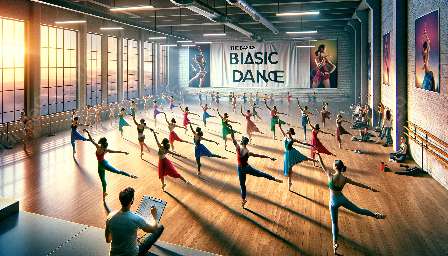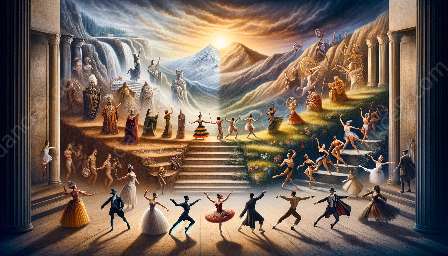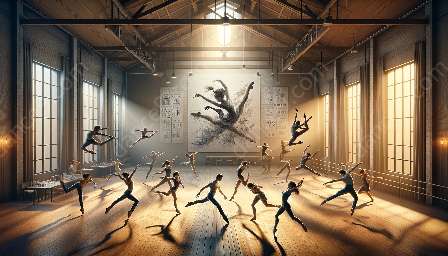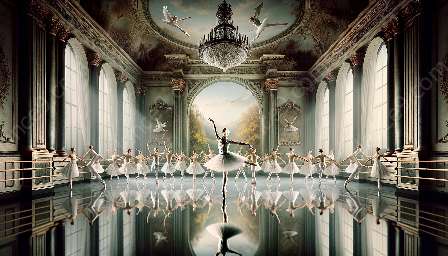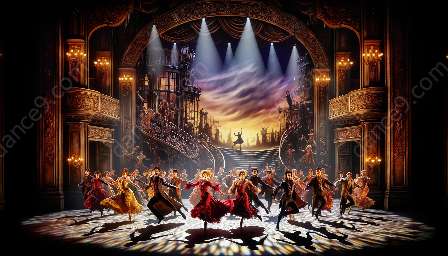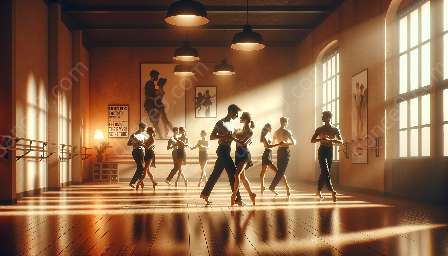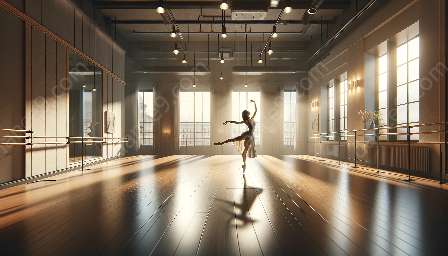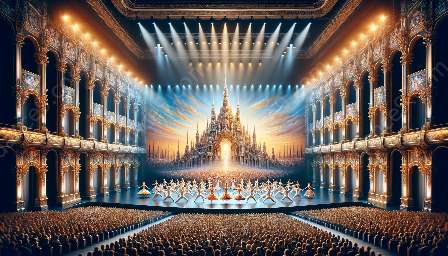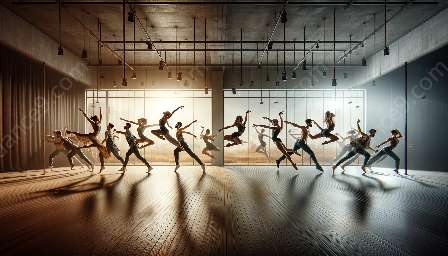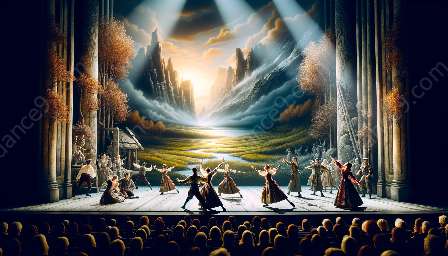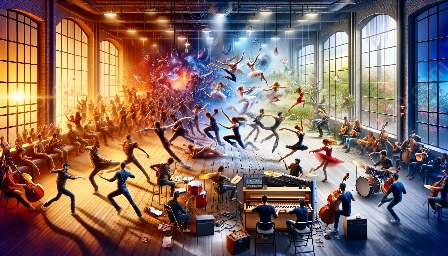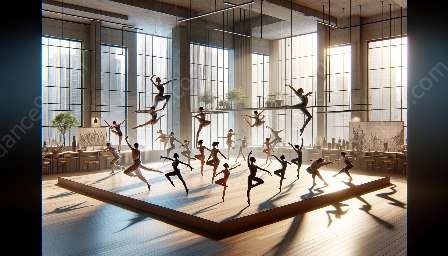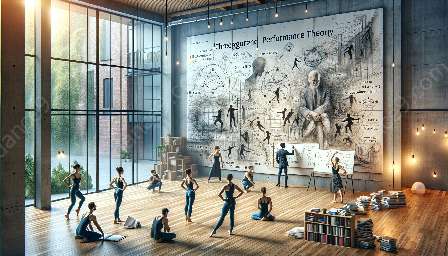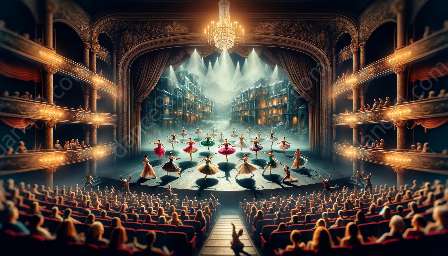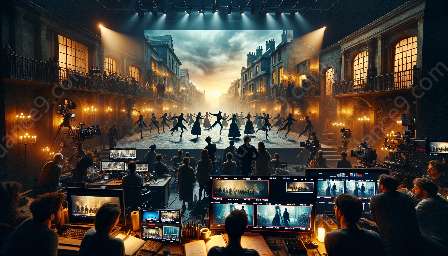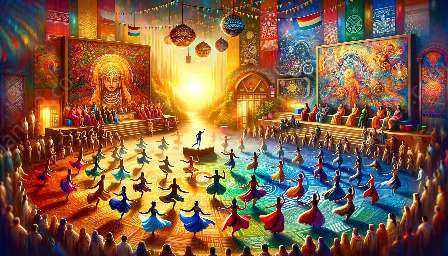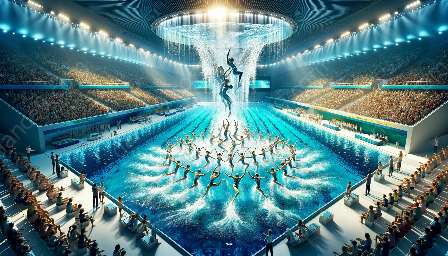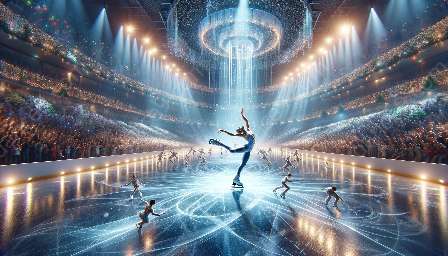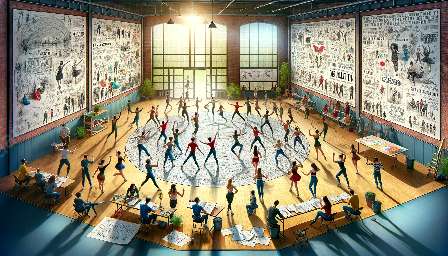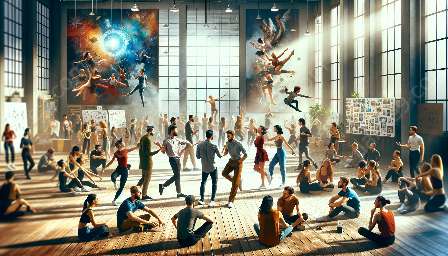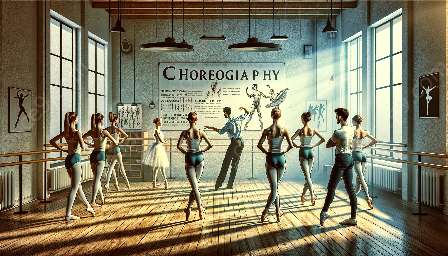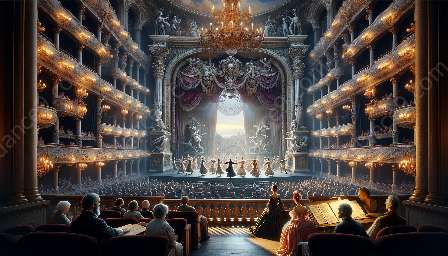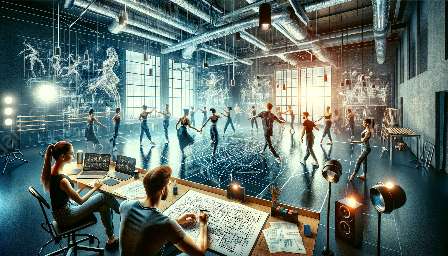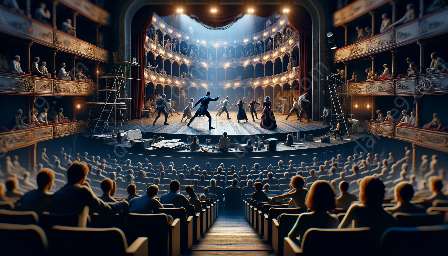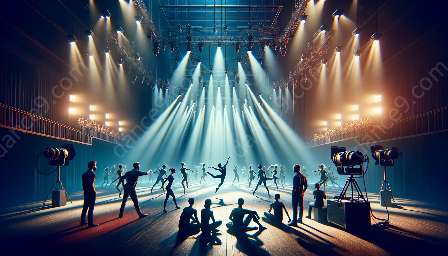As dance is a visual art form, the impact of choreographic structure plays a crucial role in determining the overall quality of a dance performance. Choreography is a multifaceted discipline that encompasses various techniques and practices. Understanding how choreographic structure affects dance performance requires delving into the intricate relationship between choreography, techniques, and the final presentation on stage.
Choreography and Its Significance
Choreography is the art of designing and arranging movements in a dance. It is a creative process that involves the composition of physical movements, formations, and transitions to convey a specific vision or narrative. The choreographic structure serves as the foundation upon which the entire dance performance is built, impacting every aspect of the artistic expression.
Impact of Choreographic Structure on Dance Performance
The choreographic structure directly influences the dynamics, rhythm, spatial patterns, and emotional resonance of a dance performance. The arrangement of movements, sequences, and formations determines the flow and cohesion of the dance piece. A well-crafted choreographic structure contributes to the seamless execution of intricate movements, creating a visually compelling and emotionally captivating experience for the audience.
Connection with Choreographic Techniques
Choreographic techniques encompass a wide range of tools and methodologies used by choreographers to craft their dance compositions. These techniques include spatial awareness, use of time, dynamics, and manipulation of energy. The choreographic structure serves as the framework through which these techniques are applied, shaping the overall artistic expression and physical embodiment of the dance piece.
Compatibility with Choreography
The relationship between choreographic structure and choreography is symbiotic, as the structure provides the architectural framework for the choreographer's creative vision to unfold. Through the choreographic structure, the choreographer organizes movements, formations, and transitions to convey specific themes, emotions, or narratives, thereby shaping the overall dance performance.
Realizing the Vision Through Choreographic Structure
Choreographers often utilize various structural elements such as motif development, canon, retrograde, and spatial organization to bring their artistic vision to life. Each choreographic decision, from the arrangement of dancers on stage to the timing of movements, contributes to the overall impact of the performance, showcasing the profound influence of choreographic structure on the expressive and technical aspects of dance.
Enhancing Artistic Expression and Impact
By understanding the interplay between choreographic structure, techniques, and choreography, dancers and choreographers can elevate the artistic expression and impact of their performances. The thoughtful consideration of structural elements, combined with skillful execution, contributes to a harmonious and powerful dance experience that resonates with audiences on a profound level.

